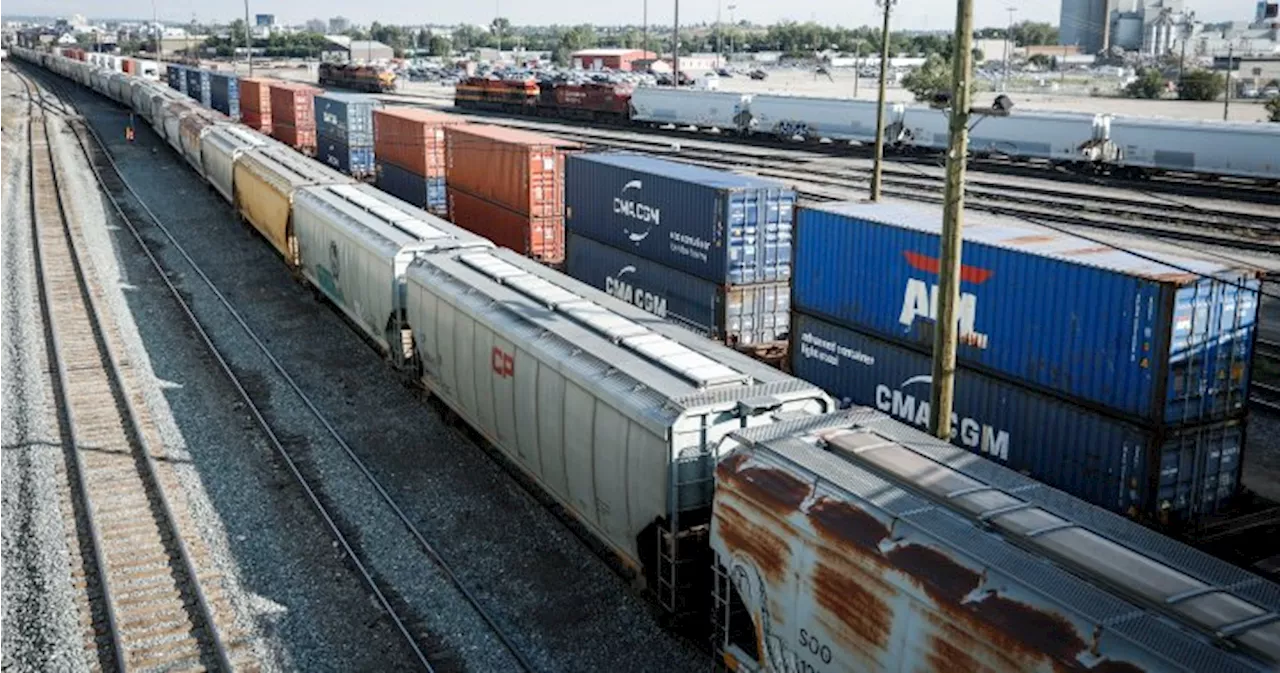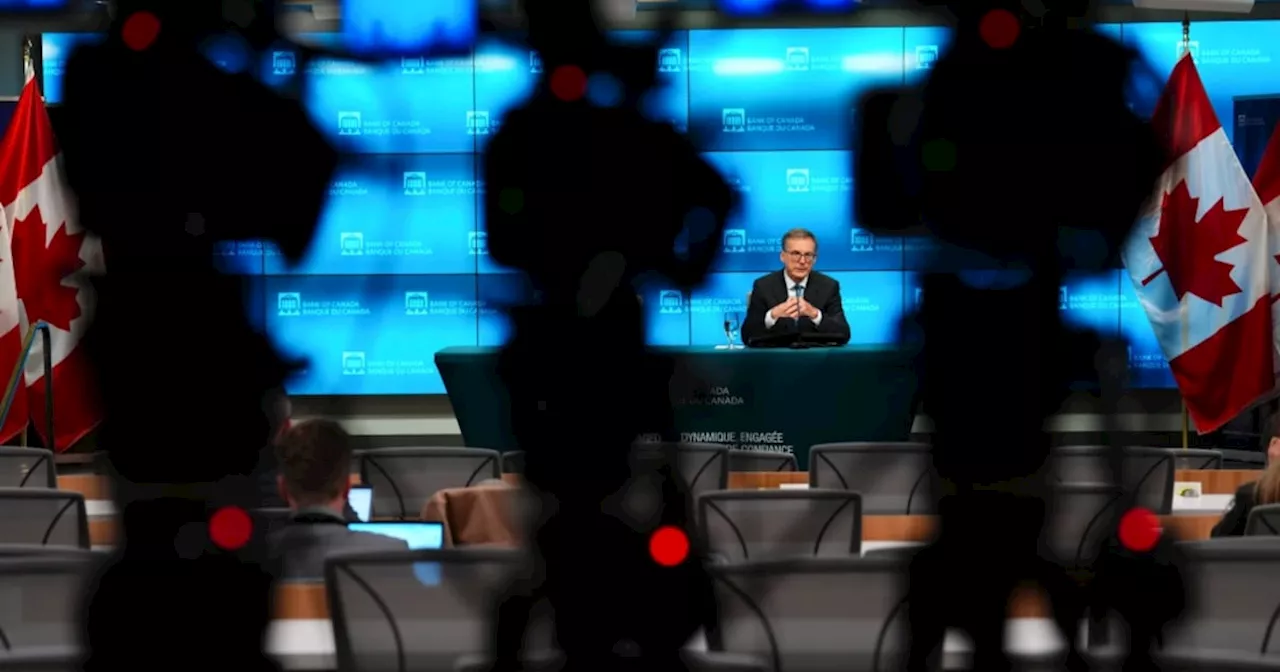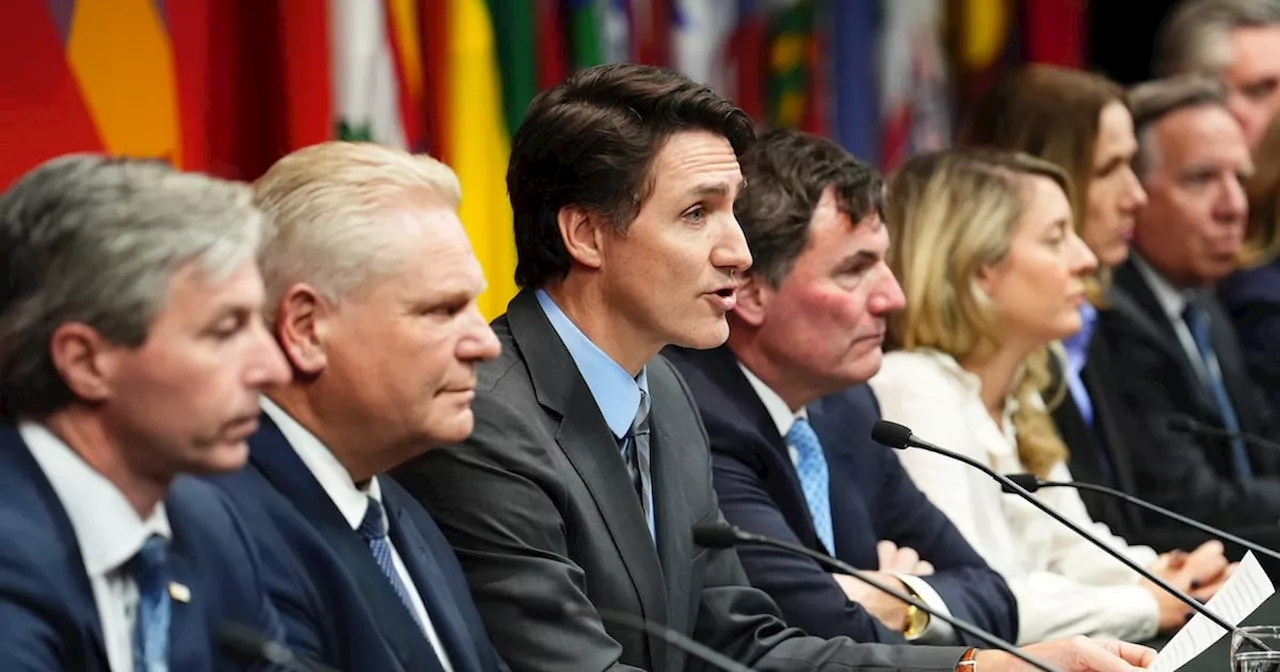This news article explores the challenges posed by interprovincial trade barriers in Canada, focusing on the alcohol industry. It highlights the difficulties faced by consumers and businesses alike due to restrictive regulations, drawing attention to the economic implications and potential for reform.
Some experts believe that consumers frequently encounter the effects of trade barriers, particularly in the alcohol industry, when purchasing from other provinces. Matthew Holmes, executive vice-president and chief of public policy at the Canadian Chamber of Commerce, pointed out that acquiring a bottle of wine from Chile is often simpler than obtaining one from British Columbia.
He further emphasized that even in provinces like Alberta, where private alcohol retailers are prevalent, provincial authorities still retain control over the alcoholic beverages entering the market and their sales channels.Sylvain Charlebois, director of the Agri-Food Analytics Lab at Dalhousie University, commented that these interprovincial trade restrictions highlight the economic dysfunctionality of Canada's confederation. He expressed concern that Canadian winemakers and brewers become overly reliant on the U.S. market, noting that provinces like Nova Scotia, Ontario, and British Columbia, despite producing significant quantities of wine, find it more profitable to export to the U.S. than to other Canadian provinces, which is an unusual situation. While interprovincial trade barriers exist across Canada, Charlebois highlighted that Quebec and Ontario exhibit the most restrictive policies regarding the importation of alcohol from other provinces. The Société des alcools du Québec (SAQ) holds the legal authority to import alcohol into the province. Quebec residents bringing alcohol into the province are required to contact the SAQ via an online form, regardless of whether it is a gift, donation, inheritance, or souvenir from a trip. These stringent regulations often hinder the growth of small businesses like Matt Tweedy's Tooth and Nail Brewing Company, based in Ottawa. Quebec's regulations prevent Tweedy from selling his beer across the Ottawa River, despite his brewery being located near the provincial boundary. He recounts an instance where he couldn't supply beer to a friend's wedding on the Quebec side of a structure spanning both Ontario and Quebec because they were unaware of this law when booking the venue. Until 2019, Ontario had strict limitations on the amount of alcohol individuals could bring into the province. While this limit was lifted in October 2019, it only applied to alcohol intended for personal consumption. Ontarians wishing to purchase liquor not available within the province must place their order through the Liquor Control Board of Ontario (LCBO). Direct shipment of alcohol from other provinces to consumers is prohibited. In addition to generating revenue, regulations also serve to protect local industries from competition. Charlebois stated that Ontario, with its extensive wine industry, prioritizes protectionism, content to serve its domestic market. Conversely, smaller provinces with populations of four or five million, like Alberta, actively seek to expand their markets.Starting this month, wineries in British Columbia can directly ship wine to consumers in Alberta, resulting from an interprovincial agreement reached last year. This initiative allows Albertans to order wine from over 300 British Columbia wineries, with the Alberta government receiving its share of applicable taxes.Premier David Eby stated that the new direct-to-consumer program benefits both wineries and communities reliant on the wine industry, fostering economic growth and strengthening ties between the provinces. According to Wine Growers British Columbia, the British Columbia wine industry generates approximately $3.75 billion annually, contributes over $440 million in federal and provincial tax revenues, and employs over 14,000 full-time workers. Wine Growers BC has long advocated for interprovincial free trade across Canada, particularly focusing on Alberta due to its proximity and long-standing relationship with British Columbia.In 2012, Gérard Comeau, a resident of New Brunswick, travelled to Quebec to purchase inexpensive beer. He was fined nearly $300 for possessing liquor not purchased from the New Brunswick Liquor Corporation. When he contested the ticket, his case reached the Supreme Court in what became known as the 'Free the Beer' case. The Supreme Court ruled in favor of provinces' right to regulate the liquor trade, allowing New Brunswick to maintain its provincial monopoly. Charlebois concluded that the Supreme Court essentially stated that it is the responsibility of provinces to gradually open up the market.
INTERPROVINCIAL TRADE CANADA ALCOHOL TRADE BARRIERS REGULATION ECONOMY
Canada Latest News, Canada Headlines
Similar News:You can also read news stories similar to this one that we have collected from other news sources.
 Trump's Tariff Threat Sparks Calls for Canada to Break Down Internal Trade BarriersDonald Trump's looming threat of a 25 percent tariff on Canadian goods has prompted a swift and resolute response from Ottawa. While Prime Minister Justin Trudeau prepares retaliatory measures, experts are calling on Canada to dismantle internal trade barriers to mitigate the potential economic fallout.
Trump's Tariff Threat Sparks Calls for Canada to Break Down Internal Trade BarriersDonald Trump's looming threat of a 25 percent tariff on Canadian goods has prompted a swift and resolute response from Ottawa. While Prime Minister Justin Trudeau prepares retaliatory measures, experts are calling on Canada to dismantle internal trade barriers to mitigate the potential economic fallout.
Read more »
 B.C. Premier Calls for Lower Trade Barriers Within CanadaB.C. Premier David Eby urges for the removal of trade barriers to facilitate easier shopping within Canada, comparing the issue to tariffs imposed by the United States. He emphasizes the need for Canadians to prioritize buying Canadian goods and highlights the importance of intra-provincial trade. Eby's call draws attention to the long-standing challenges of internal trade in Canada due to its vast geography and uneven population distribution. While acknowledging the Canadian Free Trade Agreement, the report suggests that progress in reducing internal trade barriers has not kept pace with the potential for growth.
B.C. Premier Calls for Lower Trade Barriers Within CanadaB.C. Premier David Eby urges for the removal of trade barriers to facilitate easier shopping within Canada, comparing the issue to tariffs imposed by the United States. He emphasizes the need for Canadians to prioritize buying Canadian goods and highlights the importance of intra-provincial trade. Eby's call draws attention to the long-standing challenges of internal trade in Canada due to its vast geography and uneven population distribution. While acknowledging the Canadian Free Trade Agreement, the report suggests that progress in reducing internal trade barriers has not kept pace with the potential for growth.
Read more »
 Canada's Trade Surplus with US Grows Amidst Trump's Trade RhetoricDespite a ninth consecutive trade deficit, Canada's surplus with the US expanded in November. This comes as incoming US President Donald Trump has repeatedly criticized Canada's trade policies and threatened tariffs.
Canada's Trade Surplus with US Grows Amidst Trump's Trade RhetoricDespite a ninth consecutive trade deficit, Canada's surplus with the US expanded in November. This comes as incoming US President Donald Trump has repeatedly criticized Canada's trade policies and threatened tariffs.
Read more »
 US Benefits as Much From Canada Trade as Canada Does, Report SaysA new report by economist Jim Stanford finds that the US benefits at least as much from trade with Canada as Canada does, contradicting claims made by incoming US President Donald Trump.
US Benefits as Much From Canada Trade as Canada Does, Report SaysA new report by economist Jim Stanford finds that the US benefits at least as much from trade with Canada as Canada does, contradicting claims made by incoming US President Donald Trump.
Read more »
 Canada's Inflation Eases, But Bank of Canada Faces Tough Trade-OffCanada's inflation rate dipped in December, but a leading economist warns that the Bank of Canada will likely prioritize stimulating the economy over immediate inflation control, given the looming threat of US tariffs and slowing growth.
Canada's Inflation Eases, But Bank of Canada Faces Tough Trade-OffCanada's inflation rate dipped in December, but a leading economist warns that the Bank of Canada will likely prioritize stimulating the economy over immediate inflation control, given the looming threat of US tariffs and slowing growth.
Read more »
 PM, premiers talk interprovincial trade to shore up Canadian economy: sourcePrime Minister Justin Trudeau and the premiers discussed interprovincial trade on Wednesday as a way of shoring up the Canadian economy – according to a senior federal government source.
PM, premiers talk interprovincial trade to shore up Canadian economy: sourcePrime Minister Justin Trudeau and the premiers discussed interprovincial trade on Wednesday as a way of shoring up the Canadian economy – according to a senior federal government source.
Read more »
